Delegate Tran Quoc Tuan compared officials who are afraid of responsibility to players who perform poorly and need to be replaced immediately by the coach for the sake of the flag and the team.
On the morning of May 31, the National Assembly discussed in the hall about the country's socio-economic situation. Delegate Tran Quoc Tuan (Head of the Propaganda Department of Tra Vinh Provincial Party Committee) said that in the Government's report, he was particularly concerned about the content that "a number of cadres and civil servants are not yet resolute, have a mentality of avoiding, fearing responsibility, pushing things away, fearing mistakes..." causing congestion, hindering the country's economic development.
"I agree with the Government on this restriction, but the question is why there has never been a phenomenon of officials being afraid of responsibility before, but it has only appeared now. Not only that, it has spread from the central to local levels and continues to spread from the public to the private sector," said Mr. Tuan.
According to him, it is necessary to identify the origin of this disease, clearly distinguish the "group of cadres who are afraid of responsibility", what types of cadres they include and what causes their existence, thereby finding timely and effective solutions.
From practical reflection, Mr. Tuan believes that there are two groups of cadres who are afraid of responsibility. One is the group of cadres who have degraded political ideology, cadres who avoid, are afraid of responsibility, push the issue away, are afraid of making mistakes, cadres do not want to do it because there is no personal benefit. The second is the group of cadres who are afraid of violating the law, so they do not dare to do it.
Delegate Tuan believes that group 1 can be overcome immediately because at any time, any agency or unit always has a small number of cadres with such a nature. In the current dire situation, the urgent solution, according to him, is to prioritize replacing those cadres with good cadres, cadres with enough passion and responsibility, "like in football, the head coach is willing to replace people for the sake of the flag and the shirt, when observing that his players are not playing effectively".
In the long term, delegate Tuan recommended that the National Assembly and the Government direct the review and improvement of the legal system, especially the legal regulations related to civil servants and public employees, to ensure consistency, no overlap, and no contradictions. This is the basis for encouraging and protecting dynamic, creative cadres who dare to think, dare to do, and dare to make breakthroughs for the common good.
Delegate Tran Quoc Tuan speaks on the morning of May 31. Video: National Assembly Television
The second group is the majority of cadres and is the main cause of limitations and work congestion in the entire system. There are two reasons for the formation of this group of cadres, in which, current legal documents, especially sub-law documents, lack uniformity, are difficult to implement, "the same content of regulations, but have two different interpretations".
Mr. Tuan said he once witnessed two delegates debating the content of a law provision that was still in effect on the sidelines of a session. That debate made him very concerned, because many interpretations of the law were happening within the legislative body itself and could potentially happen in executive agencies, including the inspection and examination bodies.
"In addition, officials are afraid of violating the law when more and more cases of law violations are discovered, handled, and even criminally prosecuted," said Mr. Tuan, worried that among them, there are dedicated and responsible officials, but cannot carry out their work due to the inadequacy and lack of consistency in the guiding documents.
From the above situation, he suggested that the National Assembly and the Government promote decentralization and delegation of power. If this work is done well, it will reduce the pressure and burden on superior agencies, while increasing the responsibility of localities and subordinate agencies. The National Assembly also needs to inspect and supervise to guide, remind, and urge effective implementation of public duties, and strictly handle cases of intentional violations for personal gain.
It is necessary to handle the responsibility of the heads of agencies issuing legal documents that affect and cause damage to people and businesses, hindering the socio-economic development of the country.
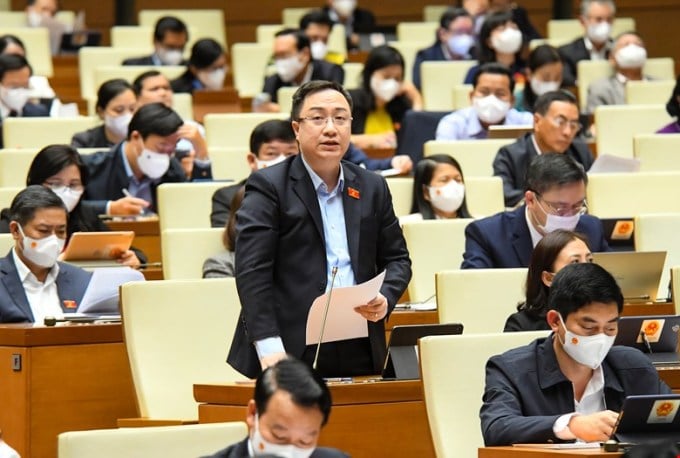
Delegate Dang Xuan Phuong speaks at the parliament. Photo: National Assembly Media
Delegate Dang Xuan Phuong (Vice Chairman of the Committee for Culture and Education) said that people across the country are expecting more urgent and drastic actions from the political system. This is not only a requirement from the fight against corruption and negativity, but also a requirement to overcome shortcomings in law enforcement, and the urgent need to overcome the disease of avoidance, fear of responsibility, and apathy that tends to spread rapidly in the civil service.
Previously, when examining the Government's socio-economic report, the Economic Committee was also particularly concerned about the mentality of avoiding and fearing responsibility of a number of cadres, civil servants and public employees and the situation of civil servants and public employees asking to resign. The Committee requested the Government to report more clearly on these contents, especially the fact that a series of cadres, civil servants and public employees were disciplined, prosecuted and indicted for serious violations, leading to the phenomenon of some avoiding responsibility. The consequence is stagnation in the operation of the state apparatus from the central to the grassroots level, causing difficulties and congestion in handling administrative procedures for people and businesses.
The Economic Committee recommends that the Government study and evaluate current legal regulations and propose specific solutions to ensure consistency, synchronization, strictness and safety for cadres, party members, civil servants and public employees in performing public duties.
Son Ha - Viet Tuan
Source link


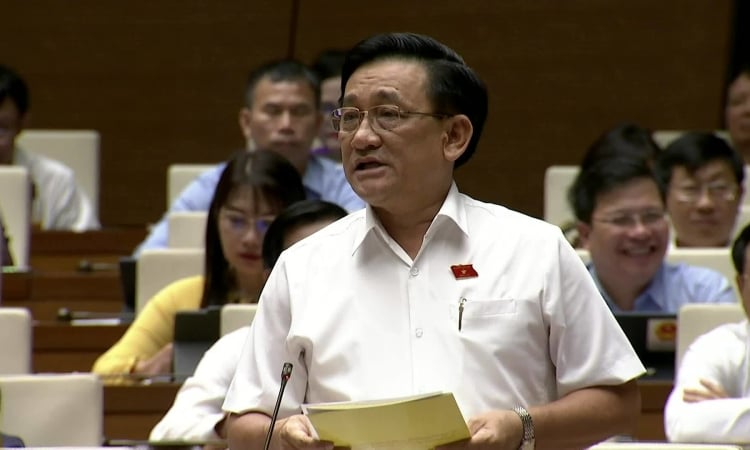


![[Photo] Closing of the 11th Conference of the 13th Central Committee of the Communist Party of Vietnam](https://vstatic.vietnam.vn/vietnam/resource/IMAGE/2025/4/12/114b57fe6e9b4814a5ddfacf6dfe5b7f)

![[Photo] Overcoming all difficulties, speeding up construction progress of Hoa Binh Hydropower Plant Expansion Project](https://vstatic.vietnam.vn/vietnam/resource/IMAGE/2025/4/12/bff04b551e98484c84d74c8faa3526e0)

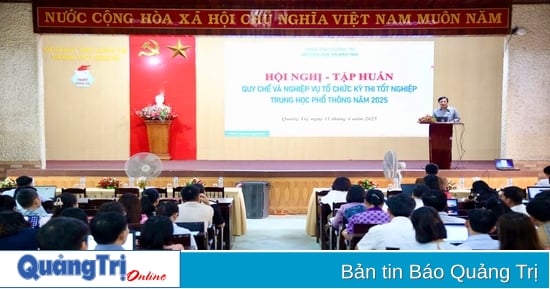

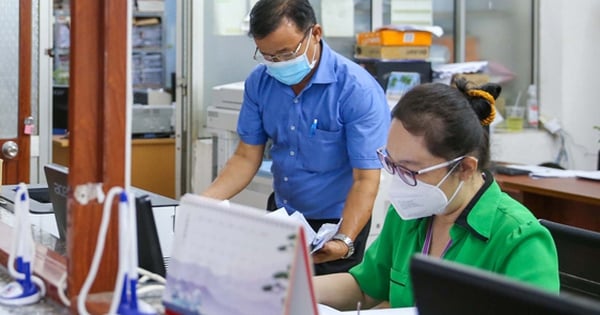



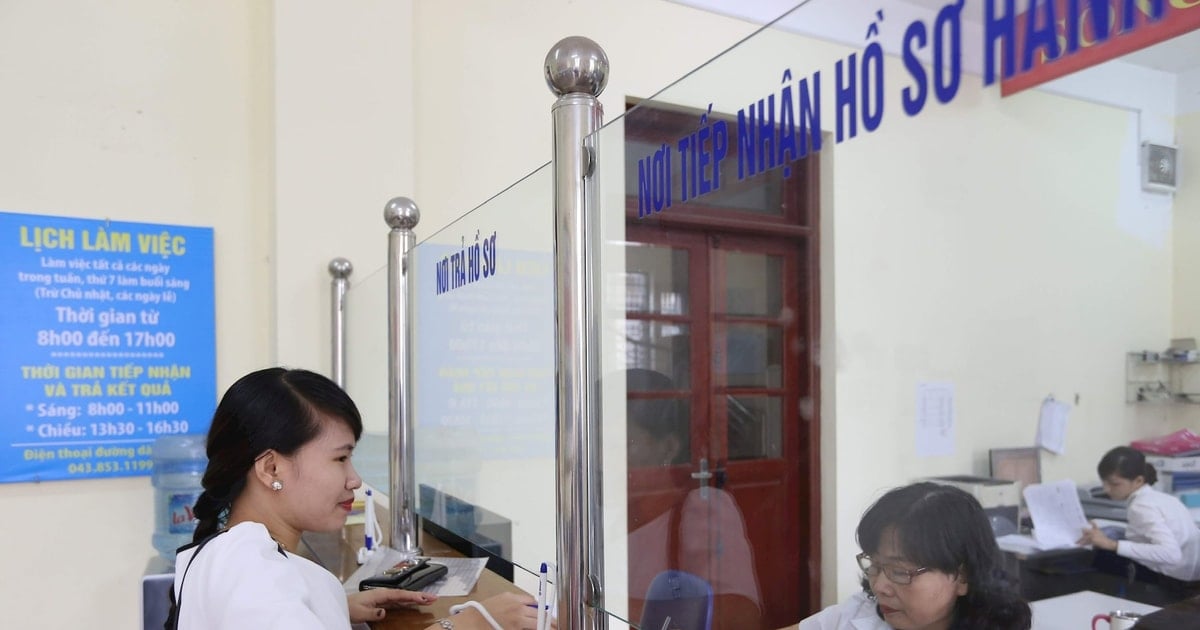

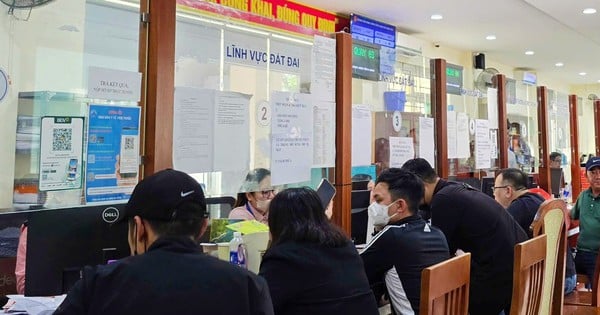
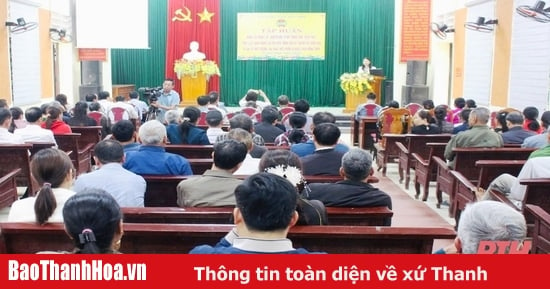


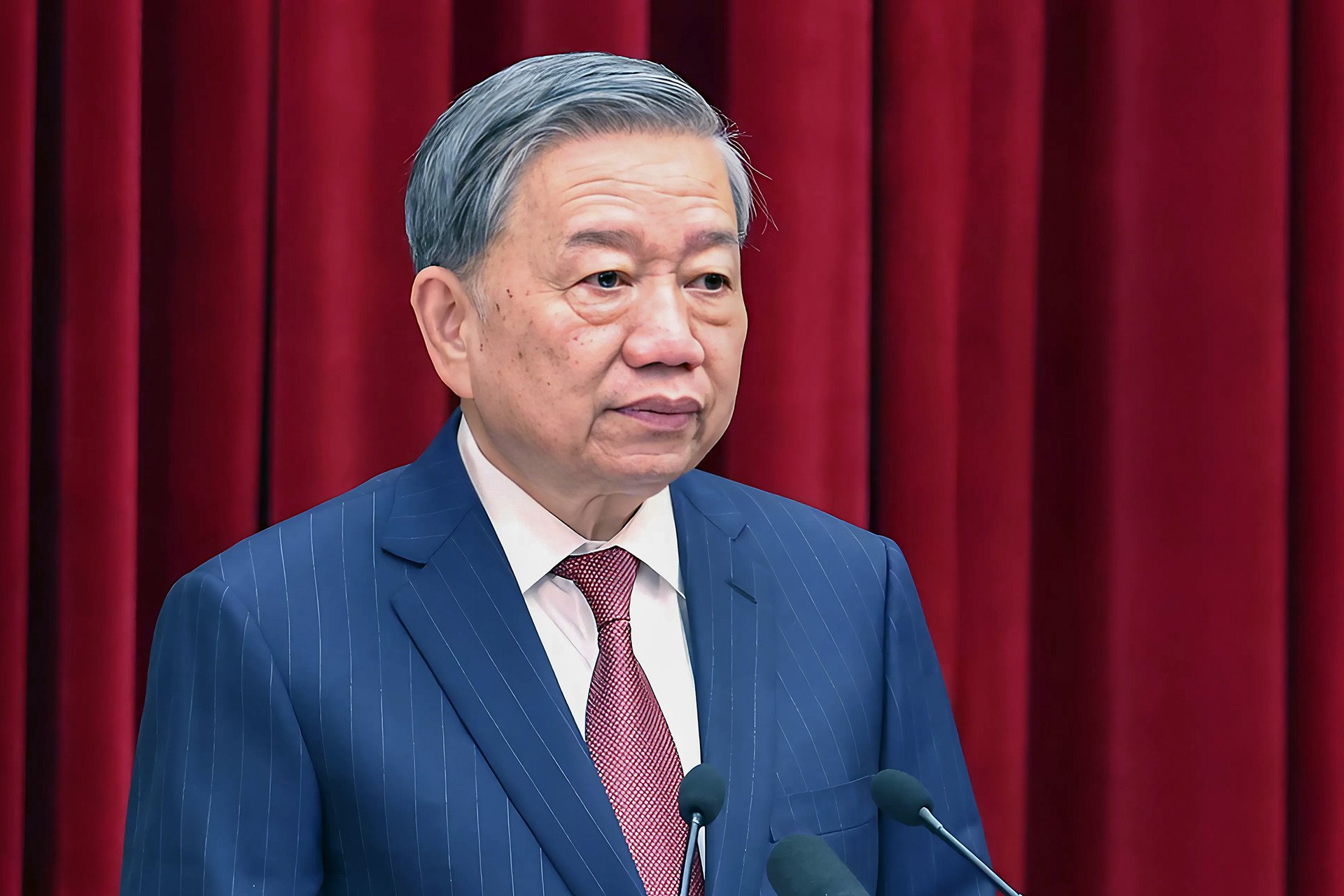

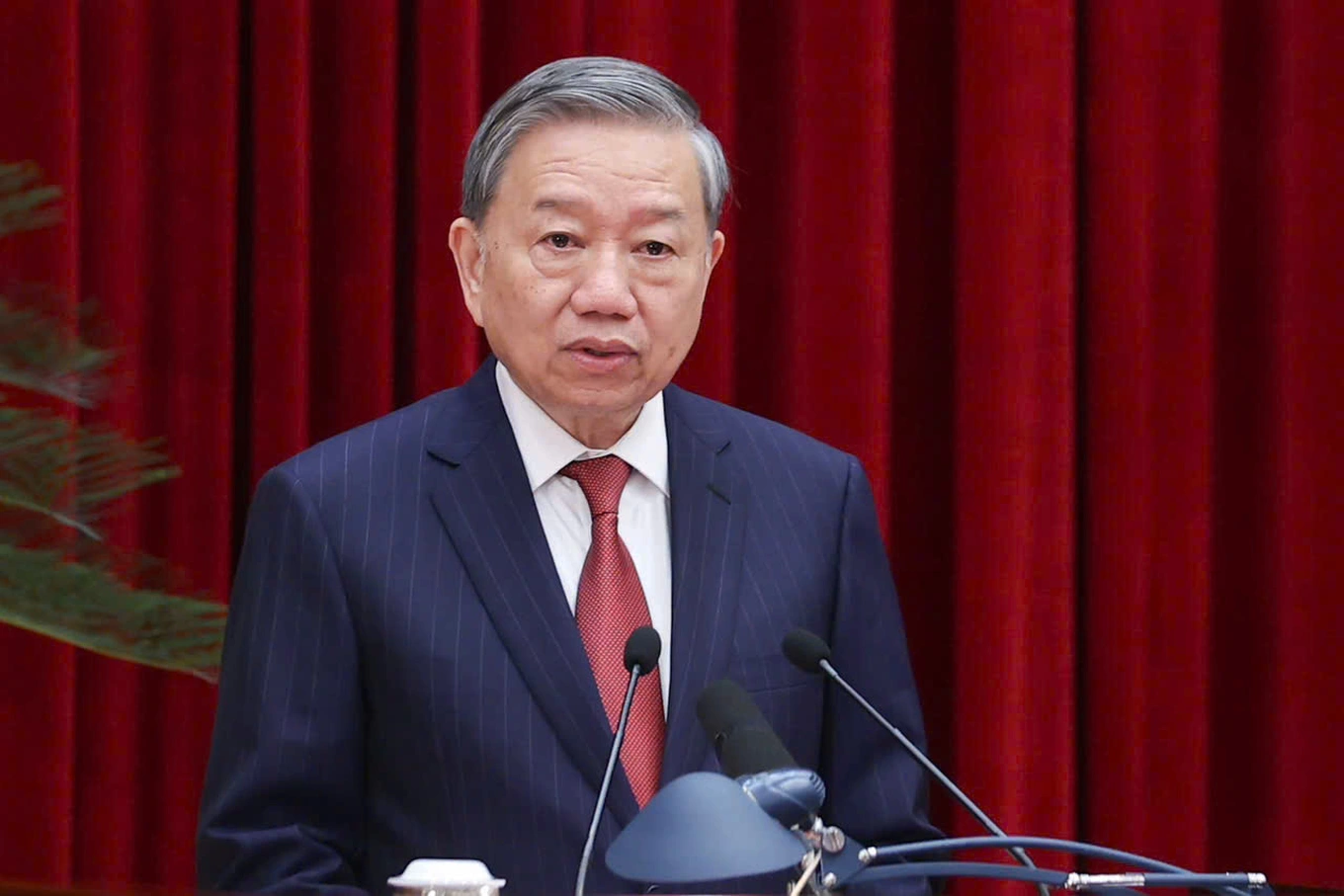
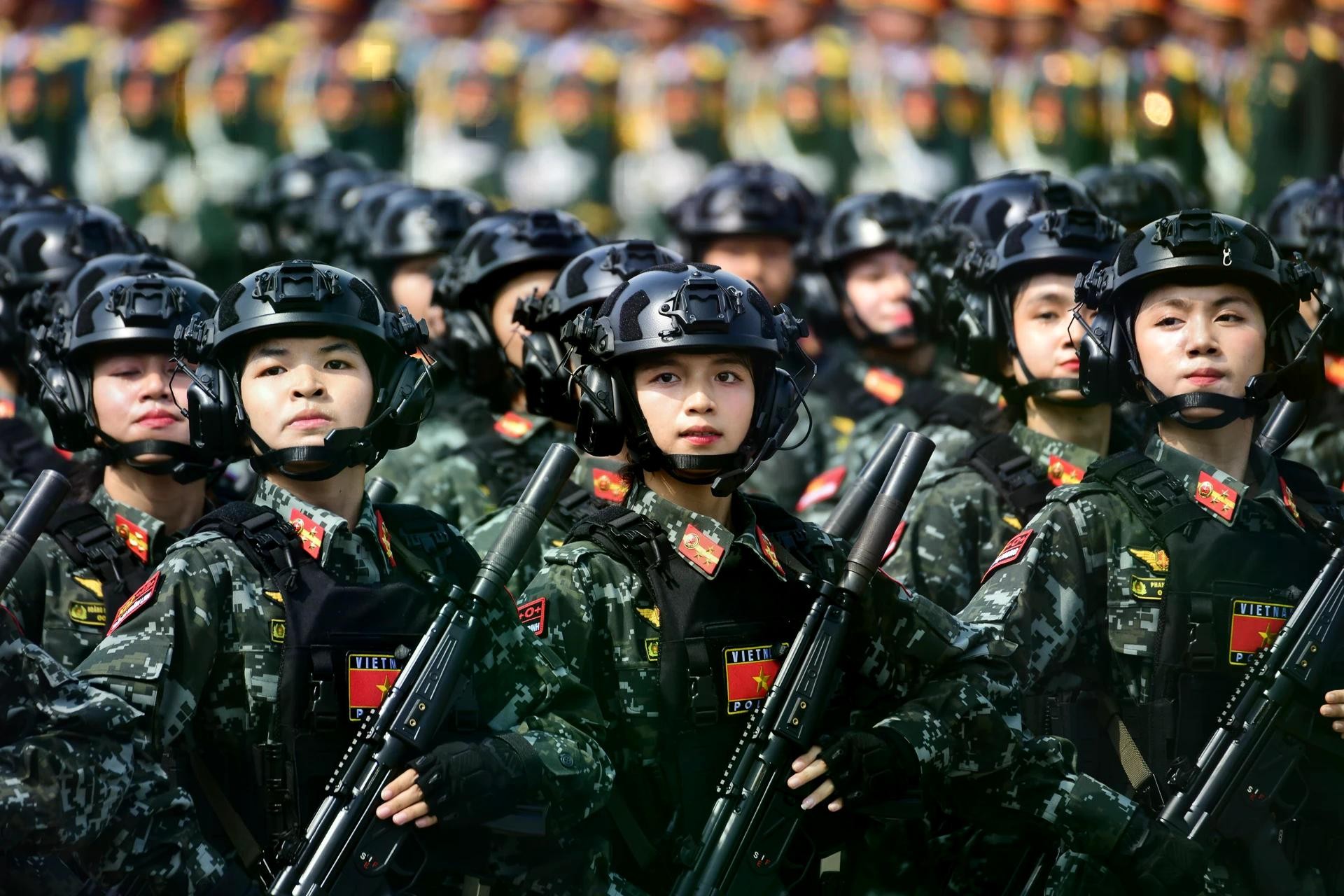





















































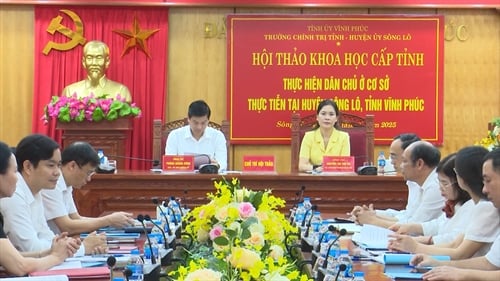


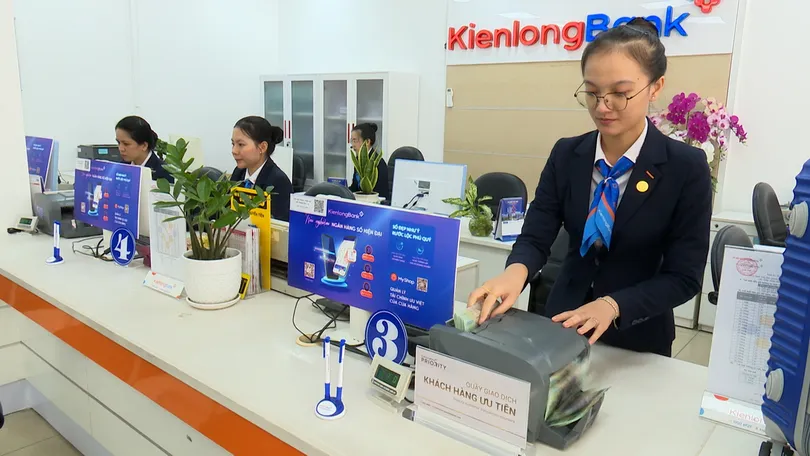
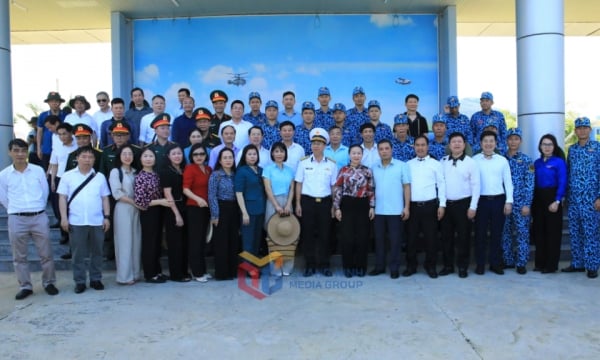















Comment (0)